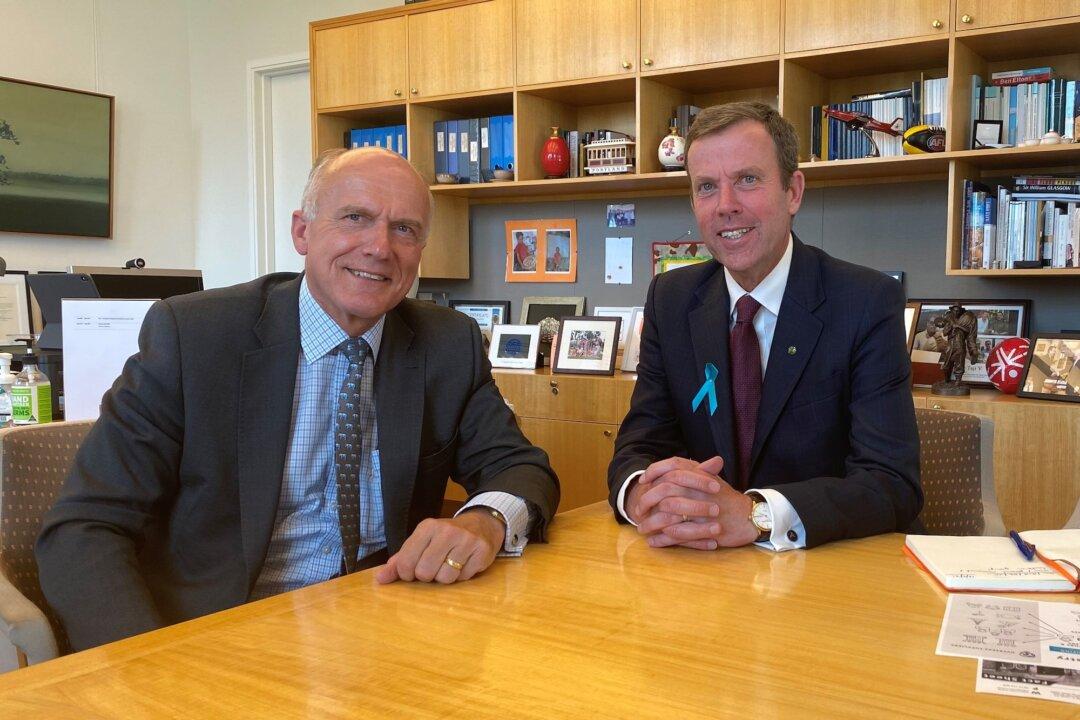Support is growing among conservative politicians to strengthen diplomatic ties between Australia and three of its closest allies—Canada, New Zealand, and the United Kingdom.
The proposed CANZUK alliance would introduce reciprocal migration, free trade, and foreign policy cooperation between these like-minded countries, which share bonds through their cultures, history, common-law legal system, respect for human rights, and Westminster-style political structures.





